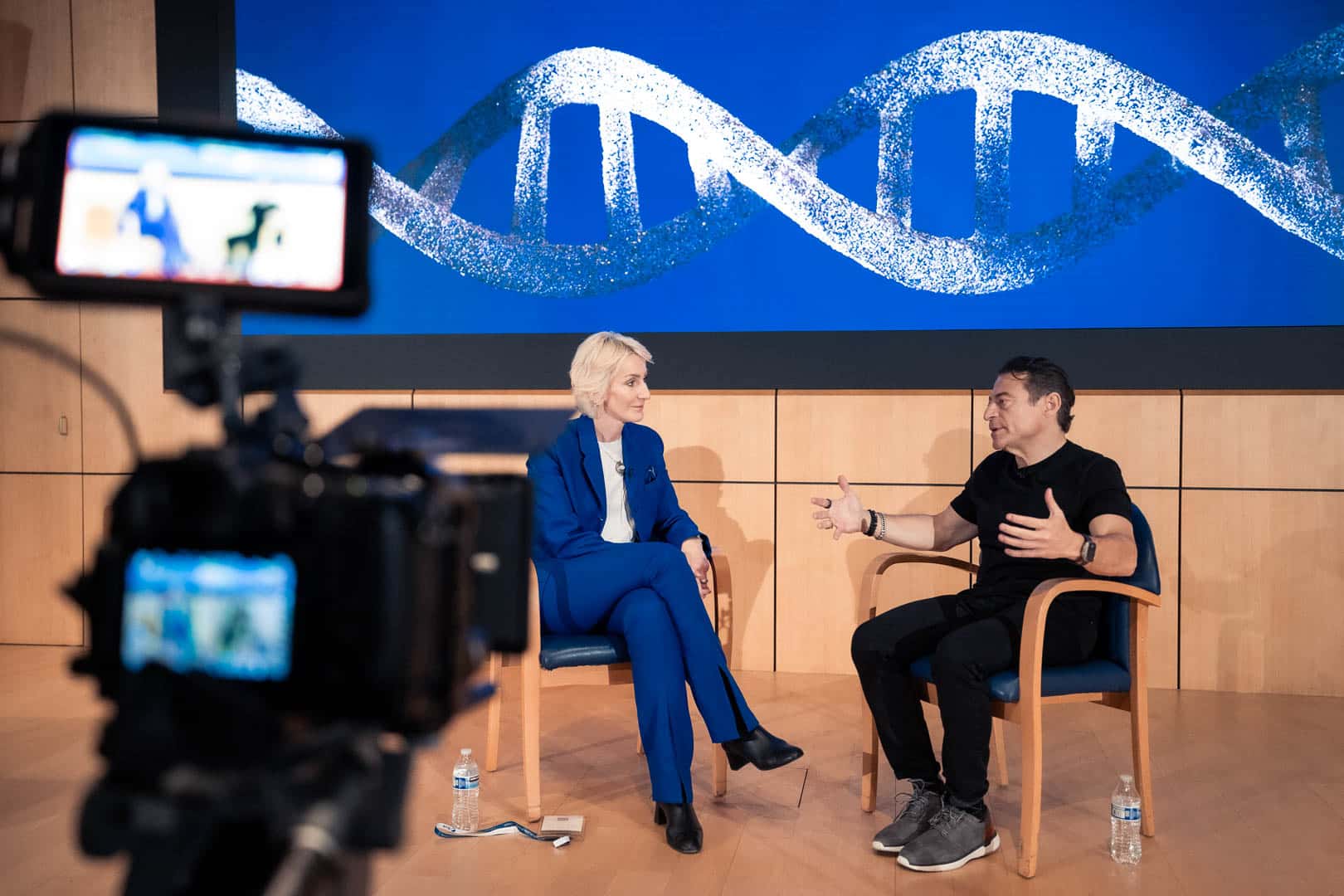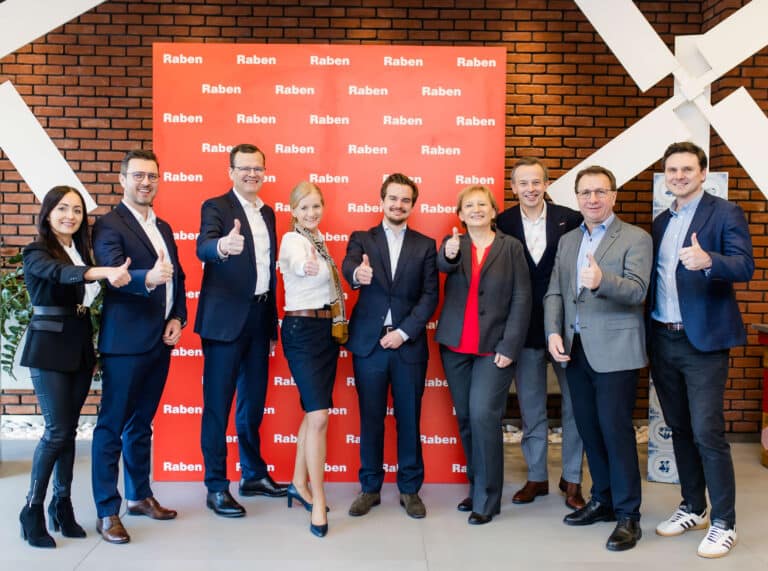Future of Longevity Clinics
During the Roundtable of Longevity Clinics, Joanna Bensz sat down with Peter Diamandis, Founder & Executive Chairman of the XPRIZE Foundation, to explore the future of longevity clinics, the integration of diagnostics and therapeutics, and the critical role of mindset in extending healthspan.
The concept of longevity clinics is gaining traction worldwide. How do you see this field evolving over the next decade?
There are two key areas to focus on: diagnostics and therapeutics.
Currently, diagnostics rely heavily on expensive and centralized technologies like MRI and CT machines. However, as with most technologies that undergo digitization, we will see a transformation—dematerialization, demonetization, and democratization. Over the next decade, much of the diagnostic process will move out of clinics and into homes.
We’re already seeing this shift with wearable devices like my continuous glucose monitor (CGM) and Oura ring. Soon, sensors embedded in everyday objects—your bed, toilet, or car—will collect data about you 24/7. This continuous stream of information will enable personalized and proactive health monitoring, supported by AI systems analyzing microchanges in real time.
On the therapeutics side, longevity clinics today primarily offer lifestyle advice and hormone therapies. In the future, these centers will deliver cutting-edge treatments, such as stem cell therapies, epigenetic reprogramming, and advanced genetic solutions. I believe that by the end of this decade, we’ll see a major shift toward these advanced therapeutics, redefining the role of clinics in health management.
Many clinics have yet to adopt wearable technologies as part of their medical toolkit. How can we encourage greater adoption of these digital tools to enhance diagnostics?
Change often happens when businesses face competition. Clinics that don’t embrace wearables and digital tools will lose clients to those that do.
The traditional model of annual check-ups feels outdated in the age of real-time data. Devices like connected blood pressure cuffs or smart scales that track not just weight but also body composition and muscle mass are becoming essential. At my venture fund, we’re investing in these technologies, which are improving rapidly in accuracy and affordability.
The challenge is to integrate these tools seamlessly into clinical workflows, demonstrating their value not just to clinicians but also to patients. Once people experience the convenience and precision of continuous monitoring, it will become an expected standard of care.
With all these tools for monitoring health, how can we motivate people to change their habits and adopt healthier lifestyles?
The key is making healthy choices convenient and intuitive. Imagine a world where AI is embedded everywhere—in your home, car, and office—acting as a personal health coach. Think of Jarvis from Iron Man. Your AI coach could remind you to take the stairs instead of the elevator or guide you to eat slower to optimize digestion. It’s about creating systems that gently nudge you toward better decisions, minute by minute.
In the future, your kitchen robot could prepare meals tailored to your real-time nutritional needs, using data from your wearable devices. These personalized solutions will make it easier to stay healthy than to deviate from the plan.
What role does mindset play in achieving this vision of longevity?
Mindset is the foundation of everything. A longevity mindset—a belief that scientific advancements can significantly extend healthspan—shapes how we live our lives. It encourages a purpose-driven perspective where your future feels brighter and more promising than your past.
When people understand that breakthroughs in science can dramatically improve their health and longevity, they’re more likely to make healthier choices today—whether it’s waking up early to exercise, skipping dessert, or reducing stress.
As Dean Ornish said during the event, “People should stop being afraid of dying and start actually living.” That’s a mindset shift we need to inspire in everyone.







